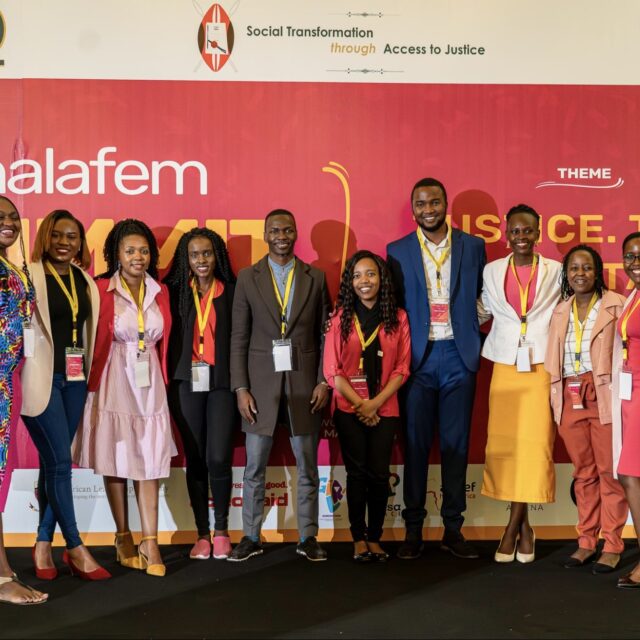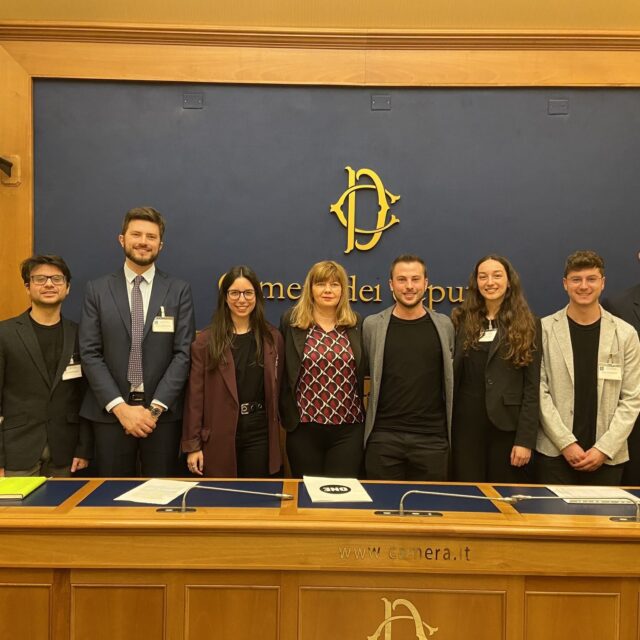Eden Tadesse is the winner of the 2023 Samantha Singh Memorial Award. The award-winning essay answered this question:
‘Write a data-driven memo to inspire fellow activists to take action on African employment.’
Dear Fellow Activists,
I am writing to bring to your attention the employment crisis in Africa. As per the latest data, the unemployment rate in Africa is at an all-time high, and the COVID-19 pandemic has only made it worse.
Millions of people are struggling to make ends meet, and it is our duty as activists to take action.
According to the World Bank, the unemployment rate in Sub-Saharan Africa is estimated to be around 8 percent in 2021. However, this figure masks significant variations in unemployment rates between countries. For instance, the unemployment rate in South Africa is estimated to be around 32.6 percent, while in Rwanda, it is around 13.1 percent.

It is clear that the problem of African employment is a serious one.
We need to take action to address this problem and to create opportunities for young people. We need to work together to create awareness about this issue and urge governments and organizations to take concrete steps to address it. We can use social media platforms to spread the word, organize protests and rallies, and engage with policymakers to demand change.
As data shows, a large part of the solution lies in investing in education and training programs that can equip people with the skills they need to succeed in the job market. We can collaborate with local organizations to support such initiatives and create opportunities for people to learn and grow. We can also volunteer our time or donate money to organizations that are working to help young people in Africa find jobs. We also need to address the underlying causes of poverty, such as inequality and lack of access to resources.
The causes of unemployment in Africa are multifaceted, including slow economic growth, rapid population growth, poor education and training, lack of access to finance, and inadequate infrastructure. High unemployment rates in Africa have a number of negative effects, such as:
- First, it contributes to poverty. People who are unemployed are often unable to earn enough money to support themselves and their families. This can lead to malnutrition, poor health, and lack of education. In fact, according to the World Bank, 41% of people in sub-Saharan Africa live below the poverty line. This means that they live on less than $1.90 per day.
- Second, unemployment can widen the gap between the rich and the poor. When young people are unemployed, they are less likely to be able to accumulate wealth and assets. This can lead to a situation where a small number of people control most of the wealth, while the majority of people struggle to make ends meet.
- Third, unemployment can lead to brain drain. When young people cannot find jobs in their own countries, they may move to other countries in search of work. This can lead to a loss of talent and skills in Africa. The World Bank estimates that there are 20 million African professionals living and working in the developed world. This is a significant loss of human capital for Africa.
Additionally, high unemployment rates can lead to social unrest, as young people become frustrated and angry with their lack of opportunities.
However, despite the challenges, there is hope. A recent report from ILO estimates that 100 million jobs can be created by 2030. This presents a unique opportunity for us to take action and make a real difference.
As activists, we have a moral obligation to push for policies and initiatives that will promote job creation and economic growth in Africa. When lobbying policymakers, there are a number of areas to highlight in order to effective address the problem of African unemployment. Some of these include:
- Invest in education and skills training: Governments and businesses need to invest in education and skills training to prepare young people for the job market. This includes providing access to quality education, vocational training, and internships. According to the World Bank, only 61% of young people in sub-Saharan Africa have completed secondary school. This means that there is a large pool of young people who do not have the skills that are needed for the modern economy.
- Create jobs in the informal sector: The informal sector is a large and growing part of the economy in many African countries – and is a major source of employment. In fact, according to the International Labour Organization (ILO), the informal sector accounts for more than 60% of employment in sub-Saharan Africa. The informal sector is also a major source of innovation. Many informal businesses are started by young people who are looking to create their own opportunities. Governments can support the informal sector by providing access to credit, training, and markets. This will help to create more jobs and to support economic growth.
- Reduce corruption: Corruption can make it difficult for businesses to operate and create jobs, and is a major problem in many African countries. For example, businesses may have to pay bribes to government officials in order to get licenses or permits. This can drive up the cost of doing business and make it difficult for businesses to compete. Governments need to take steps to reduce corruption, such as strengthening anti-corruption laws and institutions. This will help to create a more level playing field for businesses and attract greater investment.
And as we continue to work towards improving employment opportunities in Africa, I want to remind you of the power of African entrepreneurship. According to a report by the African Development Bank, small and medium-sized enterprises (SMEs) contribute up to 60% of employment opportunities in Africa. This means that supporting and promoting entrepreneurship can have a significant impact on employment rates.
In conclusion, we cannot afford to ignore the problem of African employment. It is a threat to the stability and prosperity of the continent. Let us come together to make a difference and fight for a better future for all Africans.



